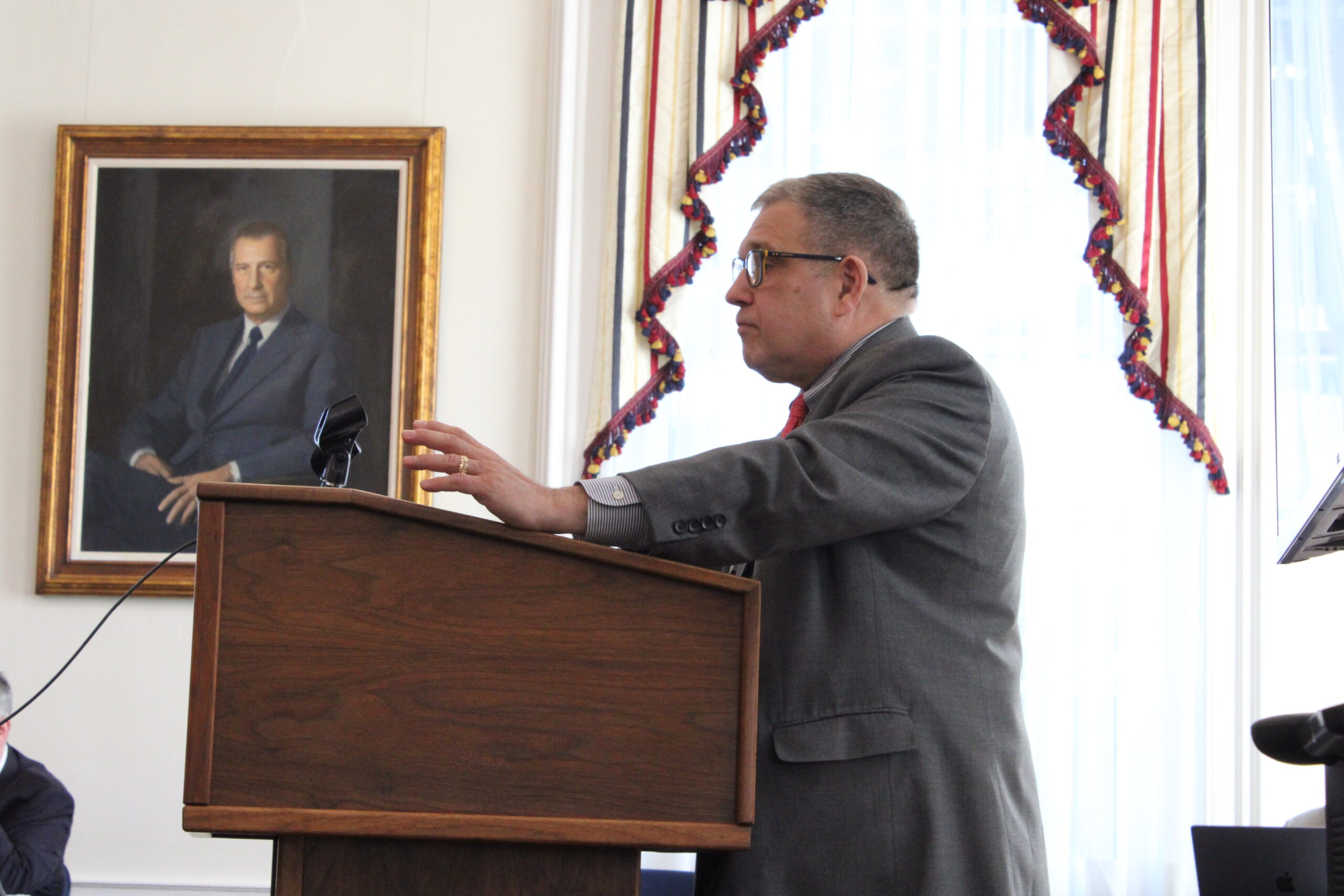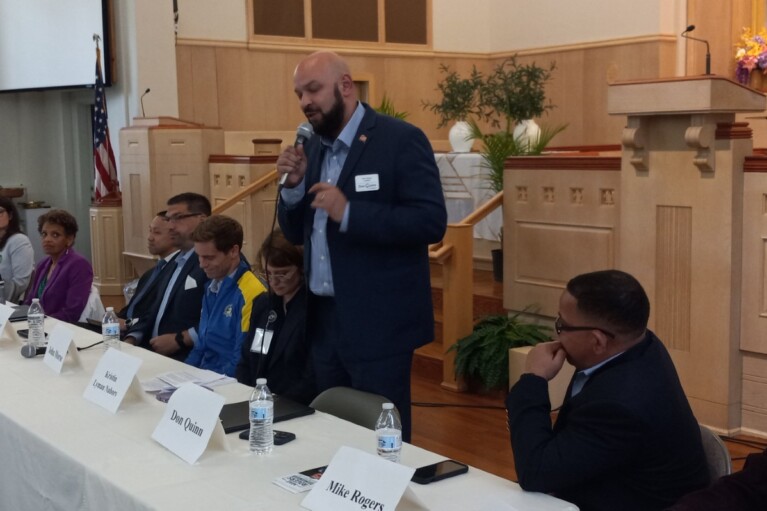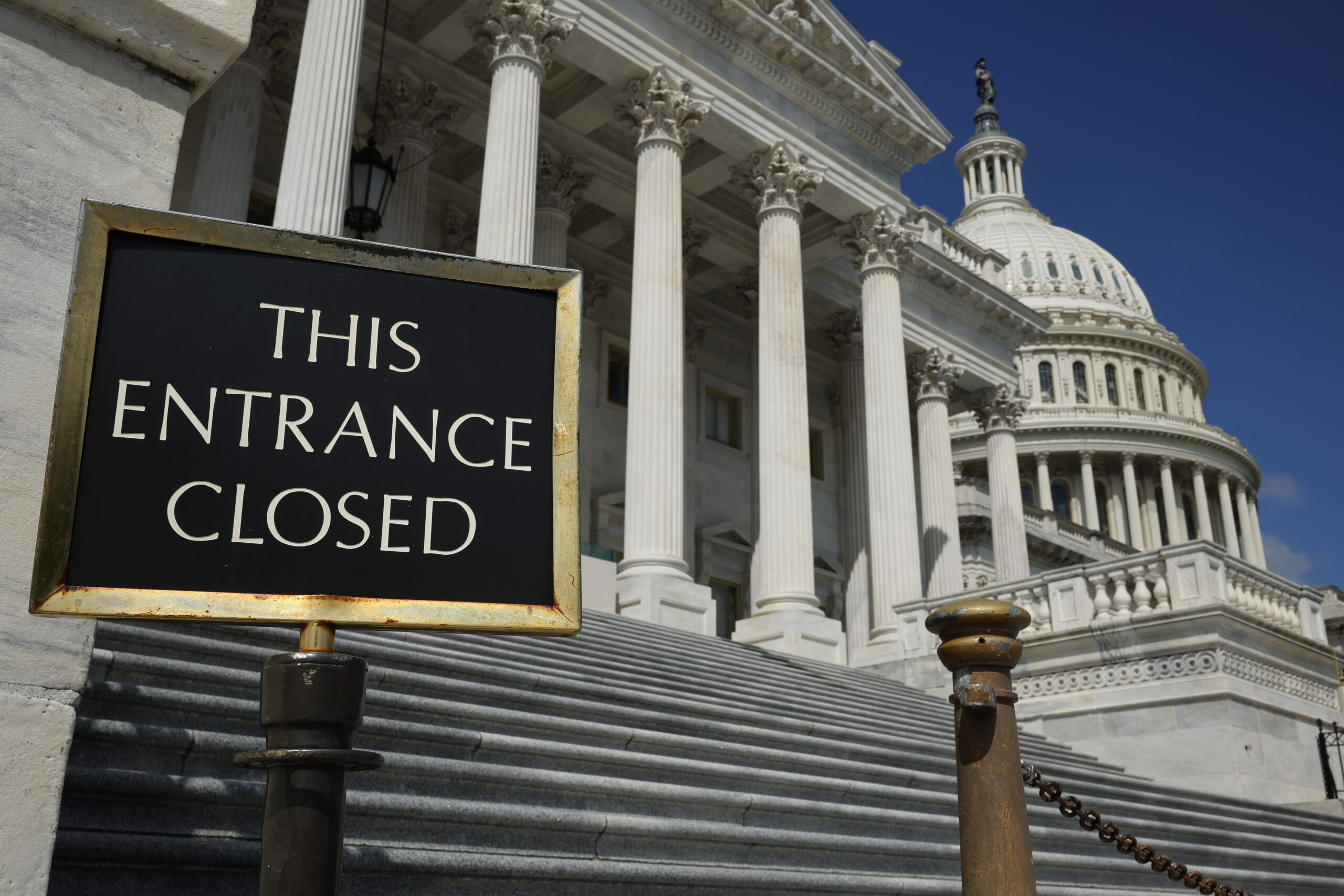Review uncovers problems with state’s system for processing behavioral health claims

The Maryland Department of Health did not ensure that a contractor-provided claims processing system was functioning properly before it was launched, according to a just-released audit. As a result, more than $220 million in payments for behavioral health services lack proper documentation or haven’t been recovered.
The review of the Behavioral Health Administration, by the General Assembly’s Office of Legislative Audits (OLA), also found that the outside vendor’s claims processing system was unable to evaluate whether services provided to patients were medically necessary, nor could it determine whether valid claims were improperly denied. The system also lacked “critical claim payment information to providers” so that reconciliations could be performed.
A leading legislator said the report uncovered “a major debacle” within the agency.
Some of the system’s flaws prevented Maryland from tapping approximately $28.8 million in federal reimbursements, the review found. And although the state was eligible to claw back as much as $20.5 million from the vendor, the health department did not do so “despite the vendor’s ongoing failure to provide an operational system or comply with certain requirements,” the audit found.
The review looked into the services provided by Minnesota-based Optum, a subsidiary of the health care giant United Behavioral Health. The company has a five-year contract with the state that runs through the end of 2024, worth $190 million. The agency told the OLA that the state disbursed $1.8 billion in behavioral health claims in fiscal year 2021.
The health department agreed with many of the report’s findings, saying that in many instances efforts to improve the system were already underway. As of June 1, $201.5 million had not been reconciled or recovered, the agency said, though reconciliation is still occurring daily, along with reprocessing and review of all denials for the estimated payment period.
Officials said the agency is meeting with the vendor “daily” and that “subject-matter experts are engaged in all oversight activities to move the Contractor to correct their system deficiencies.”
The agency said its next contract will include an expanded system for extracting refunds from an under-performing vendor, but it did not plan to do so with Optum because the company is in the middle of a complex multi-year contract.
“This contract with Optum has been a massive debacle for the state from inception until today,” said Sen. Clarence Lam (D-Howard), Senate chair of the Joint Audit and Evaluation Committee, in a statement. “When incompetence and mismanagement cost the State hundreds of millions of dollars, someone at the Maryland Department of Health should be held responsible. The level waste and ineptitude uncovered by this audit is disgusting and an indictment of the current broken leadership at the Department.”
Optum issued a statement Friday acknowledging problems with the system in the early months of the Maryland contract, but suggesting that improvements have by now been well-established.
“Optum has been honored to partner with Maryland to support their efforts to deliver vital care to those who need it,” the company said. “While we recognize that the system did not live up to expectations in January 2020, we have worked closely with the state and provider community to address those issues. Since August 2020, the Optum authorization and claims platform has been performing within industry standards and is quickly and accurately authorizing and paying providers for the care they deliver to Marylanders.”
The Optum contract was approved by the Board of Public Works in July, 2019 when the company’s bid came in significantly lower than the prior contractor, which was the only other company to bid for the state contract.
At the time, Comptroller Peter Franchot (D), a member of the board, expressed concern about Optum’s track record. He pointed Health Secretary Dennis Schrader to a California case in which a federal judge ruled the company had “effectively discriminating against patients with mental health and substance abuse disorders in order to save money.”
“I’m not… seeing a lot of places where they provide this type of administrative service…” Franchot told Schrader. “I think they used to do it for New York City. But are you confident that United will be able to do the job satisfactorily with the financial proposal price it submitted?”
Schrader acknowledged that agency leaders were “a little mystified” that the low bidder came in with the highest procurement score. He assured the three-person panel that the agency was “very confident” in the firm’s ability to perform.
“So we’ve got a really good price for the number one technical proposal and we feel that this is going to get the job done,” he said. The contract was approved unanimously by Franchot, Gov. Larry Hogan (R) and then-Treasurer Nancy Kopp (D).
Schrader said at the time that Maryland has approximately 260,000 people who receive “specialty behavioral health.” Some of the care is state-funded, though most of it is — $1.2 billion out of $1.4 billion — is funded by Medicaid.
Editor’s note: This story has been updated to include a comment from Optum.




 Creative Commons Attribution
Creative Commons Attribution